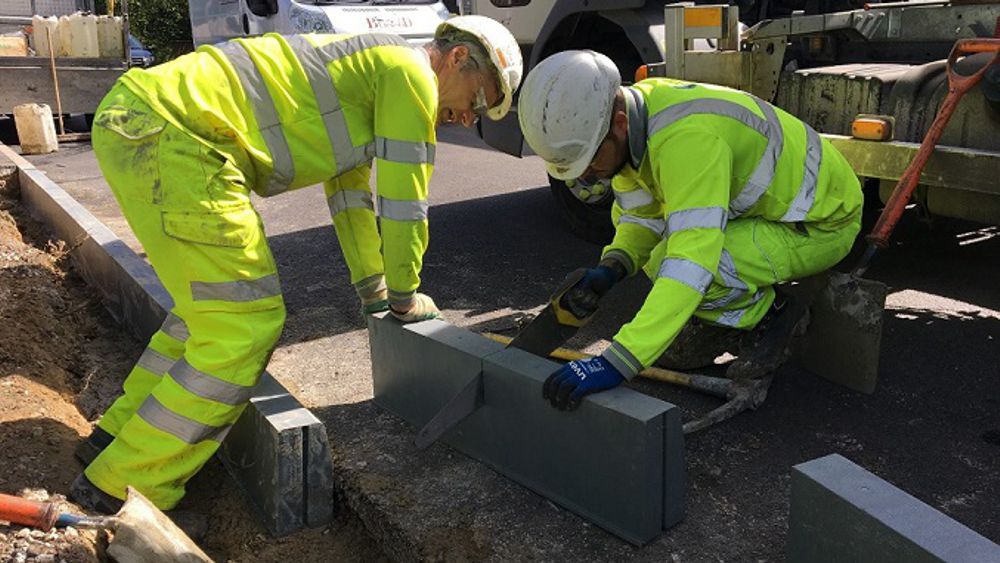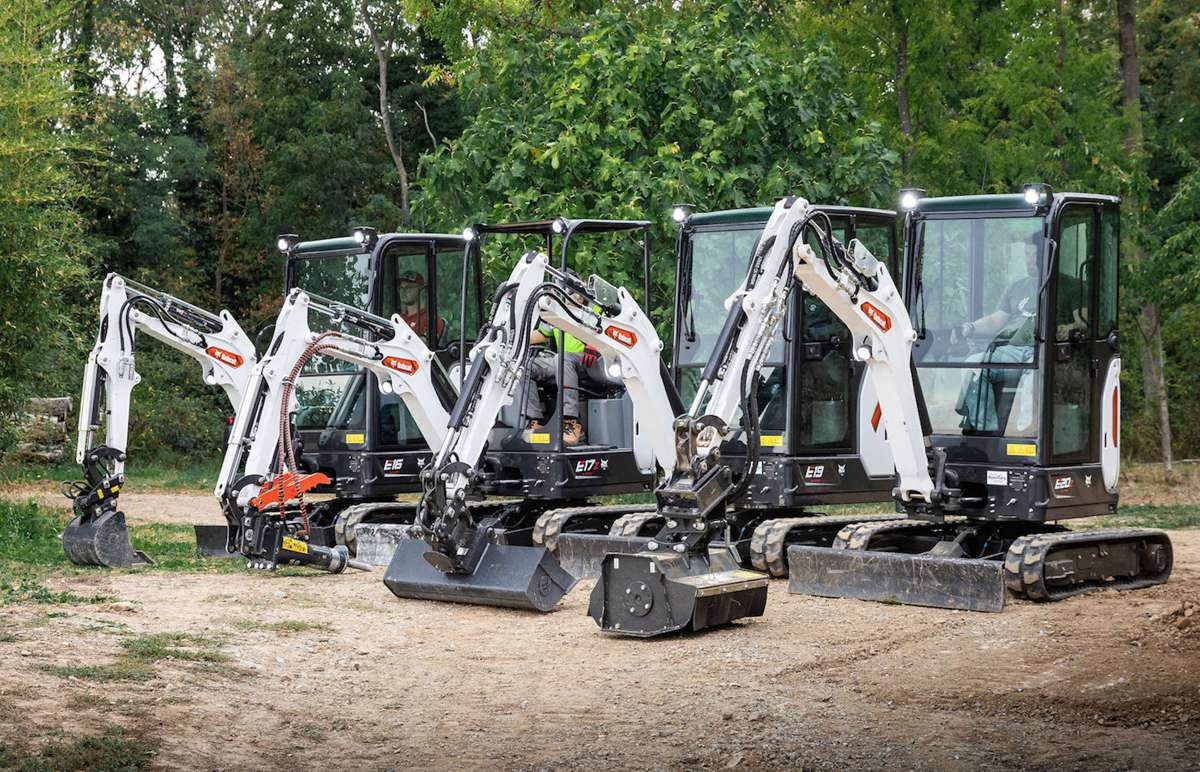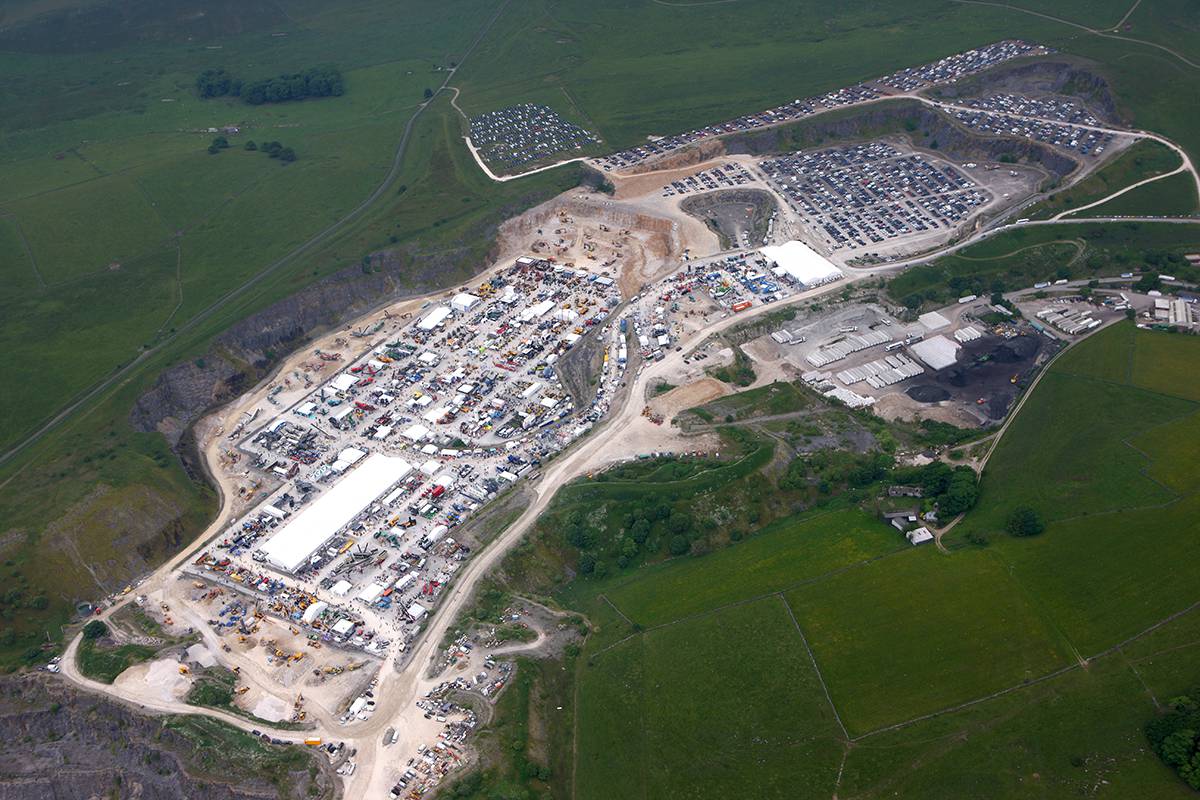Skanska experiments with recycled plastic kerbing as a lower carbon alternative to concrete
Skanska is trialling use of recycled plastic kerbing instead of concrete to reduce carbon by 40 per cent.
The trial is taking place as part of work to find innovative ways to improve delivery of its highways maintenance contract, looking after some 5,300 miles of roads in partnership with Hampshire County Council. This initiative addresses two of the major challenges facing many local authorities – finding ways where plastic can be effectively recycled and improving the efficiency of the service to continually deliver value to taxpayers.
The trial will test the performance and resilience of the recycled kerbs in small areas in locations used by a high number of heavy vehicles. The plastic kerbing contains 88 per cent recycled material and is cut with hand tools so, unlike concrete, it does not create crystalline silica dust – which can be harmful to health. It is also lighter, meaning that risk of injury is reduced for those handling it.
Matthew Riches, Skanska’s Operations Director, added: “The plastic kerbing has been BBA/HAPAS approved, meaning they are manufactured to the highest standards for the Hampshire network. With its lightweight features, we can lay four times faster than traditional methods and that’s significant as we look to find ways to deliver a greener, more cost-effective service. Exploring use of recycled products like these is an important step forward as we work towards our target of becoming carbon neutral by 2045.”

Councillor Rob Humby, Executive Member for Environment and Transport at Hampshire County Council, said: “We’re committed to clear action, embedding carbon reduction measures in services across the County Council. This innovative use of recycled plastic kerbing, which is durable but much lighter than the concrete equivalent, results in 40% less carbon during manufacture. It can be easily installed manually, reducing the need for mechanical handling equipment. We continue to explore opportunities to reuse and recycle materials from our highways works and will be looking at the viability of other recycled plastic products if this trial proves successful.”





























